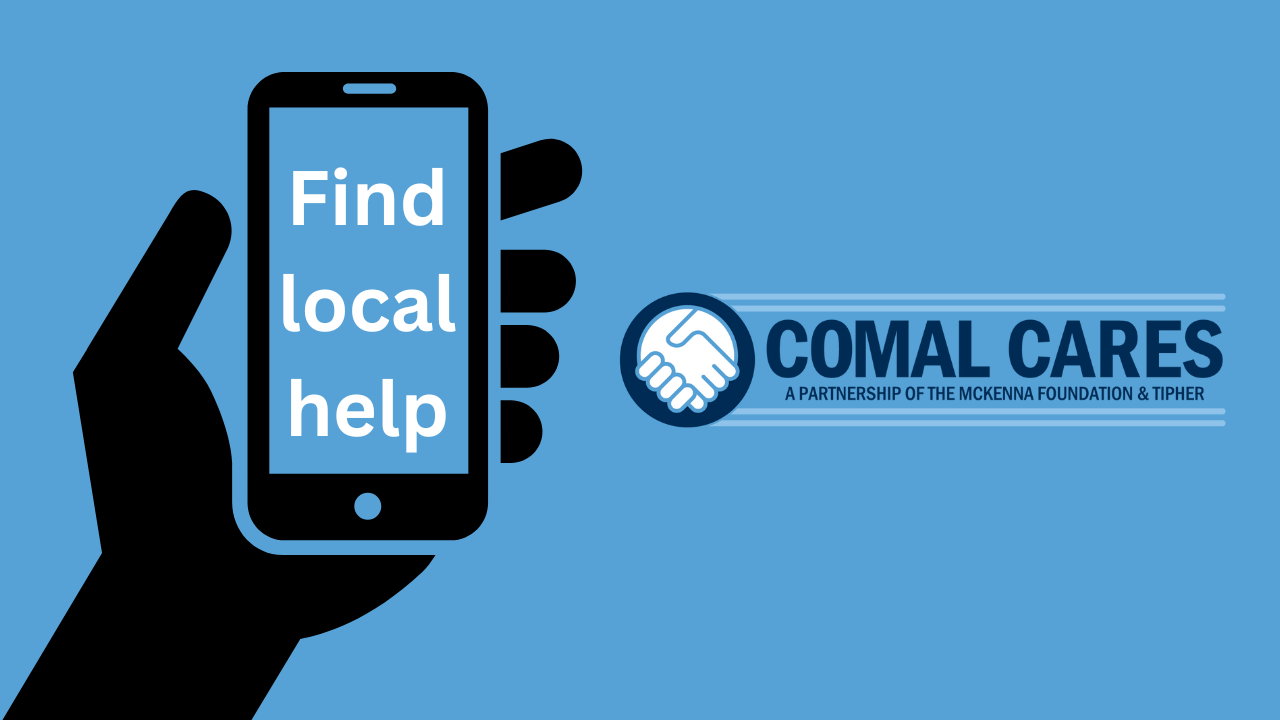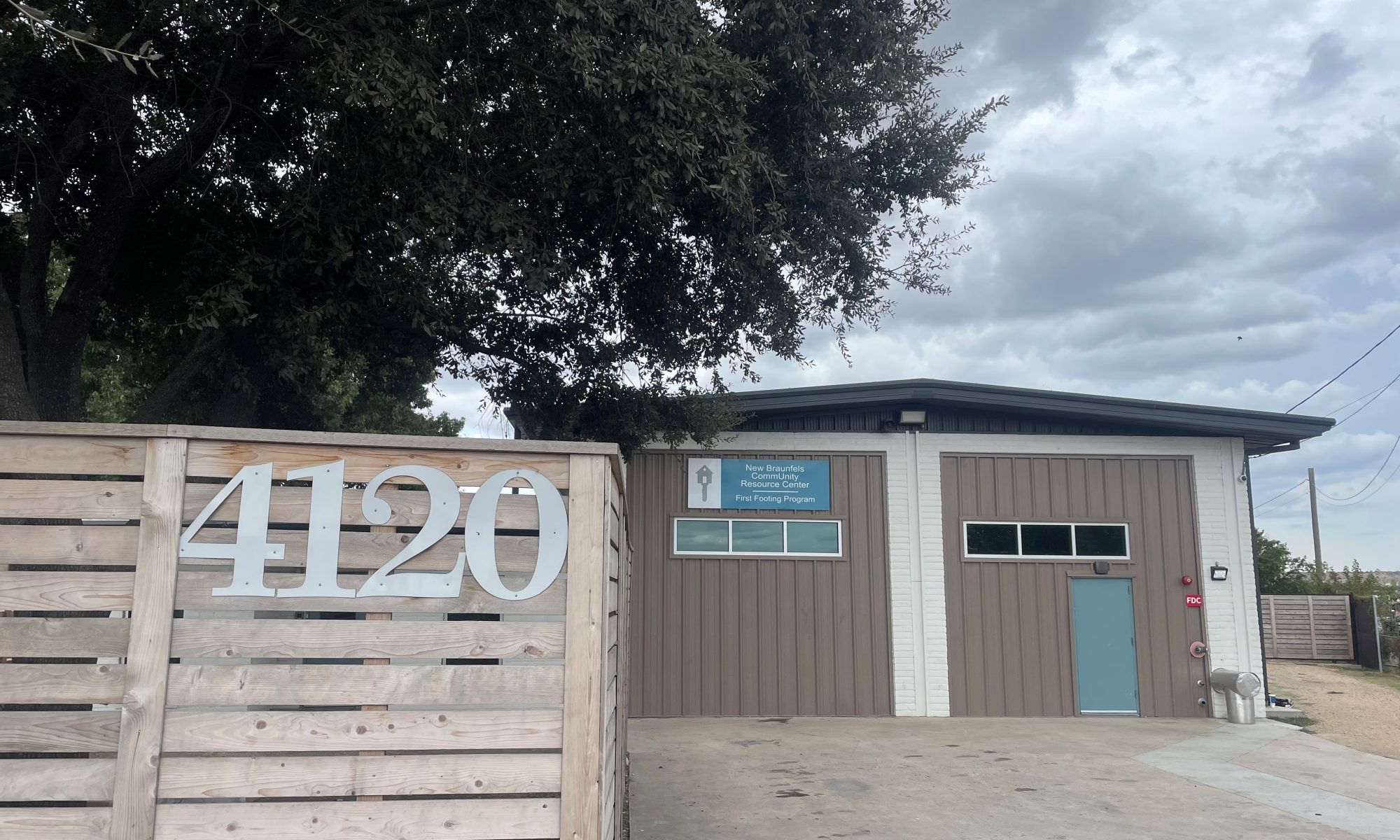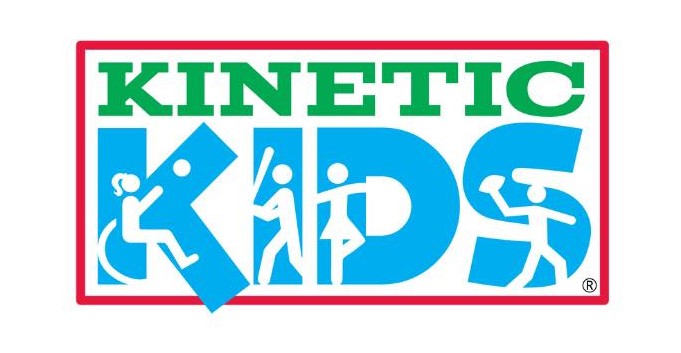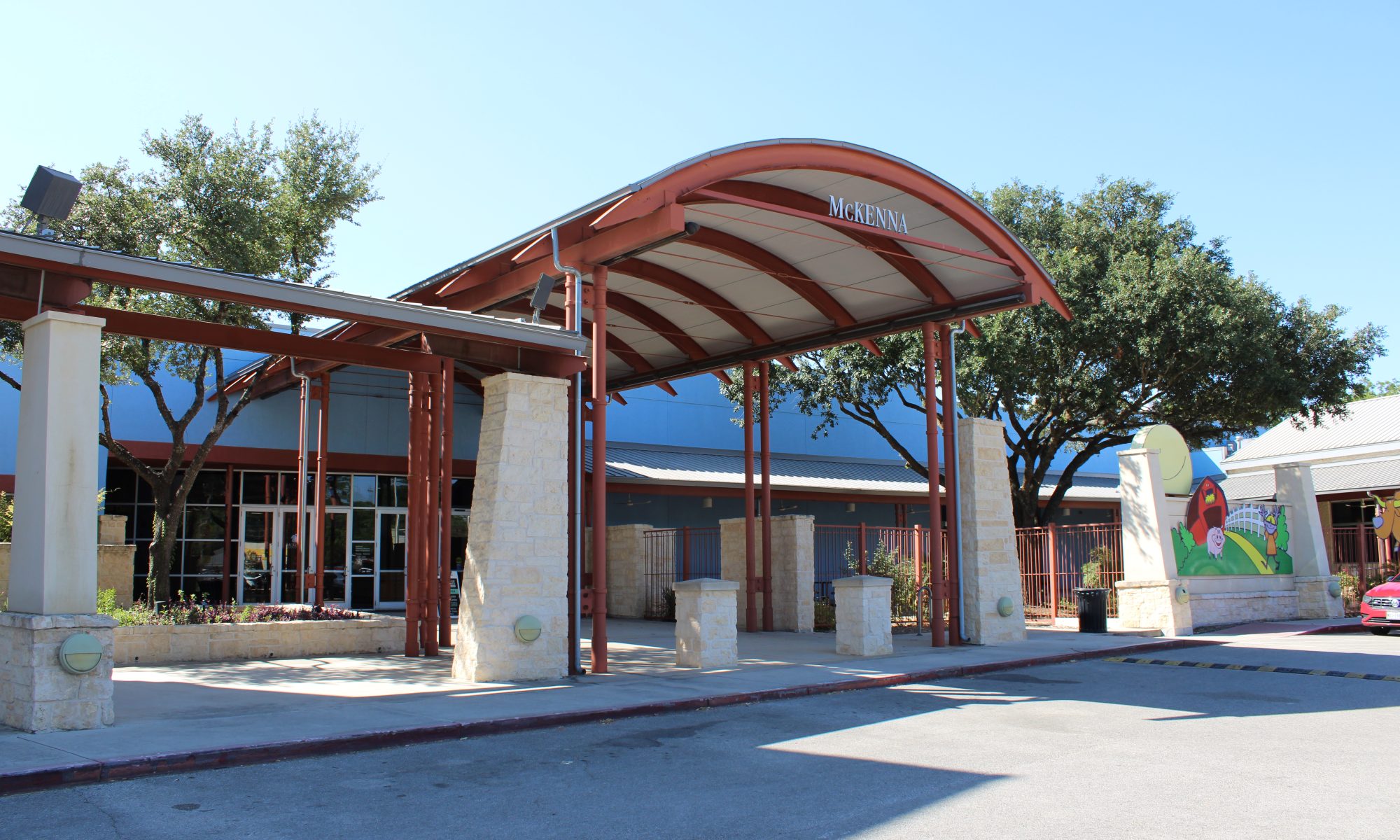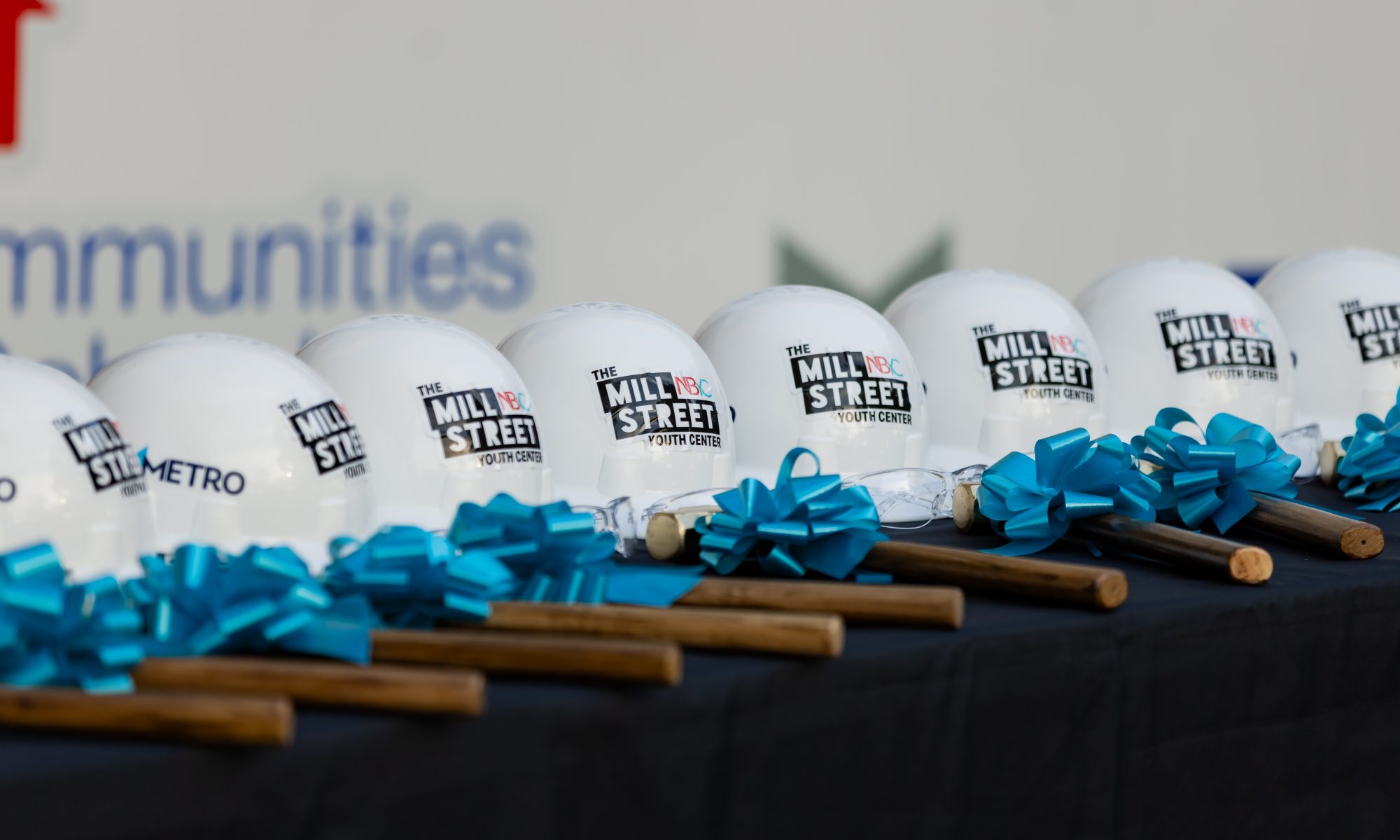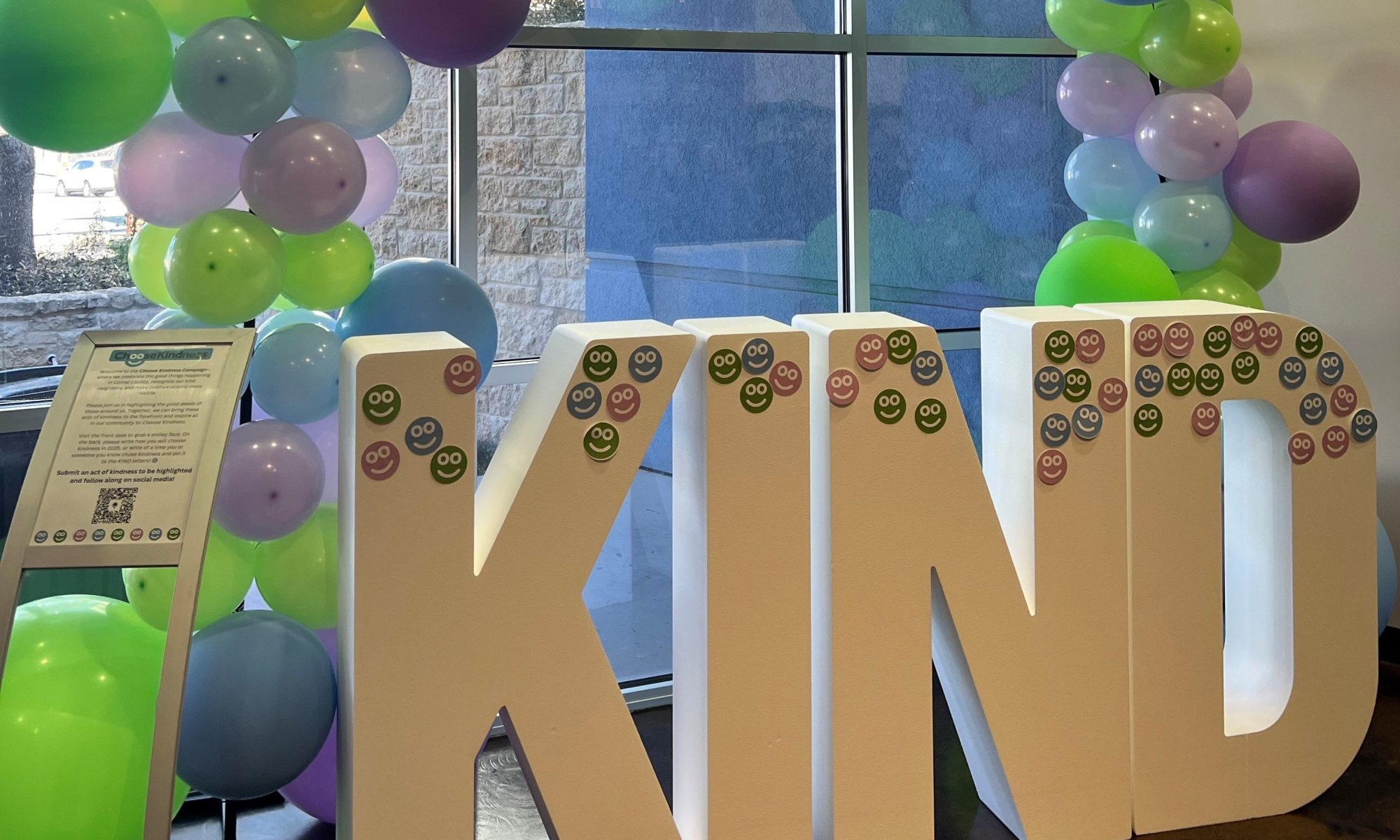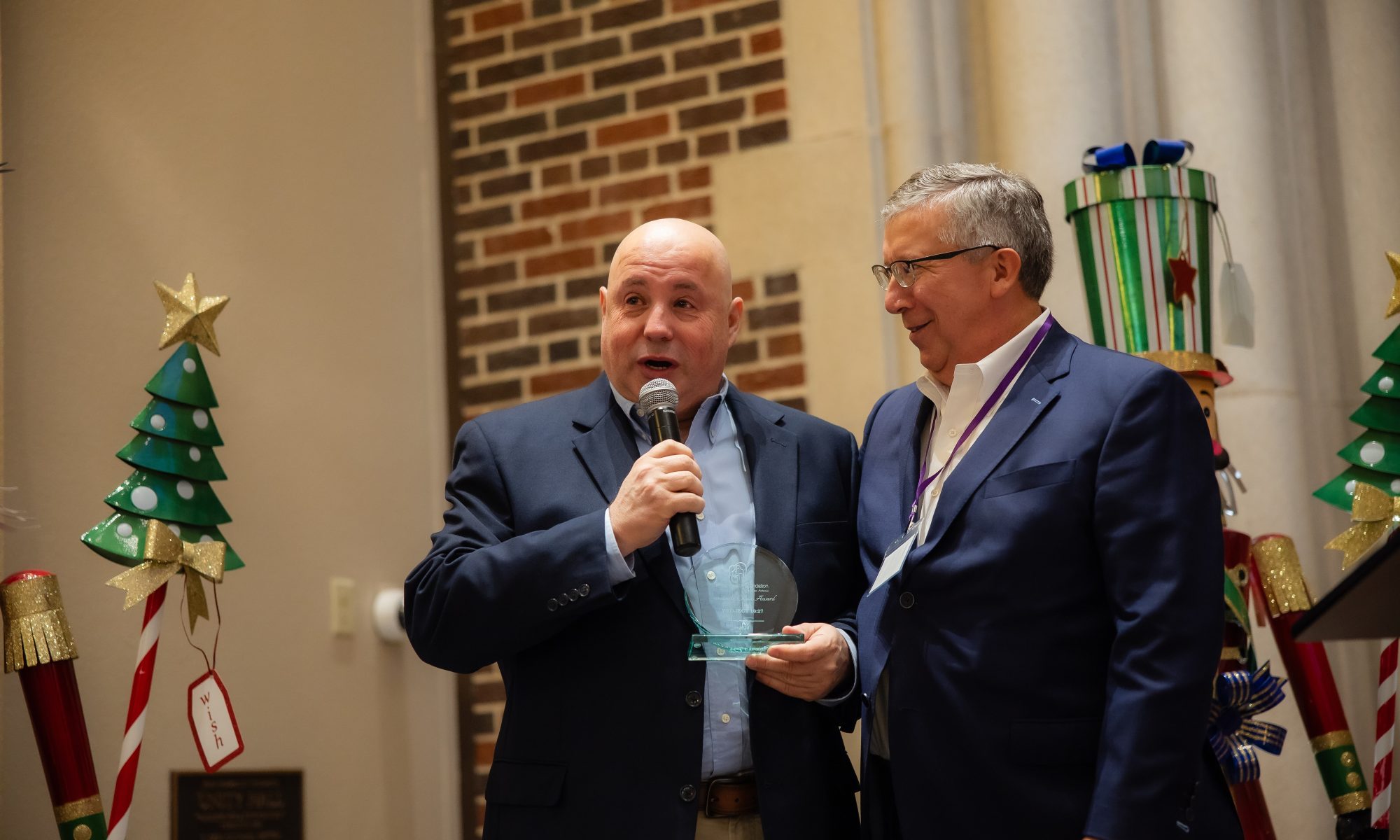The McKenna Foundation is excited to introduce a significant addition to the New Braunfels and Comal County community: Comal Cares (comalcares.org).
The innovative online directory is designed to enhance the lives of our neighbors by connecting them with local resources and organizations that can assist them quickly and seamlessly.
Whether you are seeking assistance or helping someone who is, the free and user-friendly site provides a growing list of over 600 local programs to help you find the support you need.
The invaluable tool is a collaborative effort between the McKenna Foundation, TIPHER, and the San Antonio Community Resource Directory (SACRD), along with various community groups, nonprofits, and businesses dedicated to making supportive services easier to find and access.
“Comal Cares is the result of several months of development and the collaborative efforts of the McKenna Foundation, TIPHER, SACRD, and our dedicated community partners,” said McKenna CEO Alice Jewell. “It is not just a directory; it is a resource designed to foster a community of support and compassion. With this tool, we can build a stronger and more connected community, ensuring that everyone in New Braunfels and Comal County has access to the assistance they need.”
The comprehensive platform is essential not only for the general public but it also revolutionizes the numerous resource directories used by local organizations.
“Comal Cares is an invaluable resource for my work. I use this site weekly as I work with many individuals and families in the community. I have told so many people about the site and encourage them to check it regularly since it is constantly being updated. No more multiple resource lists on my desk that I was constantly having to update. This site is all I need!” said Holley Digby, Director of Mental Health and Wellness for Communities in Schools of South Central Texas.
Ashley Cammack, Mobile Integrated Health Specialist for New Braunfels Fire Department, also emphasized the significance of Comal Cares for the community.
“The user-friendly access to local resources with up-to-date information is incredible,” she said. “We run into patients who just aren’t familiar with the resources available to them. Once the need is identified, firefighters can also utilize the ‘share” button to text resource information to their patients, so that it is even more readily available to them. As a department, we are looking into ways to integrate Comal Cares into a QR code available on each of our ambulances.”
With over 600 programs available in the greater Comal County area, Comal Cares also features three specialized portals to help you find exactly what you need.
“The Housing Services, Mental Healthcare, and Love Should Not Hurt portals are designed to guide you to the right service or program, making your search more efficient and straightforward,” said Albert Ruiz of TIPHER.
Check out Comal Cares by visiting comalcares.org.
Need help navigating the site? Please click here.
You can also contact cares@mckenna.org for additional help.

